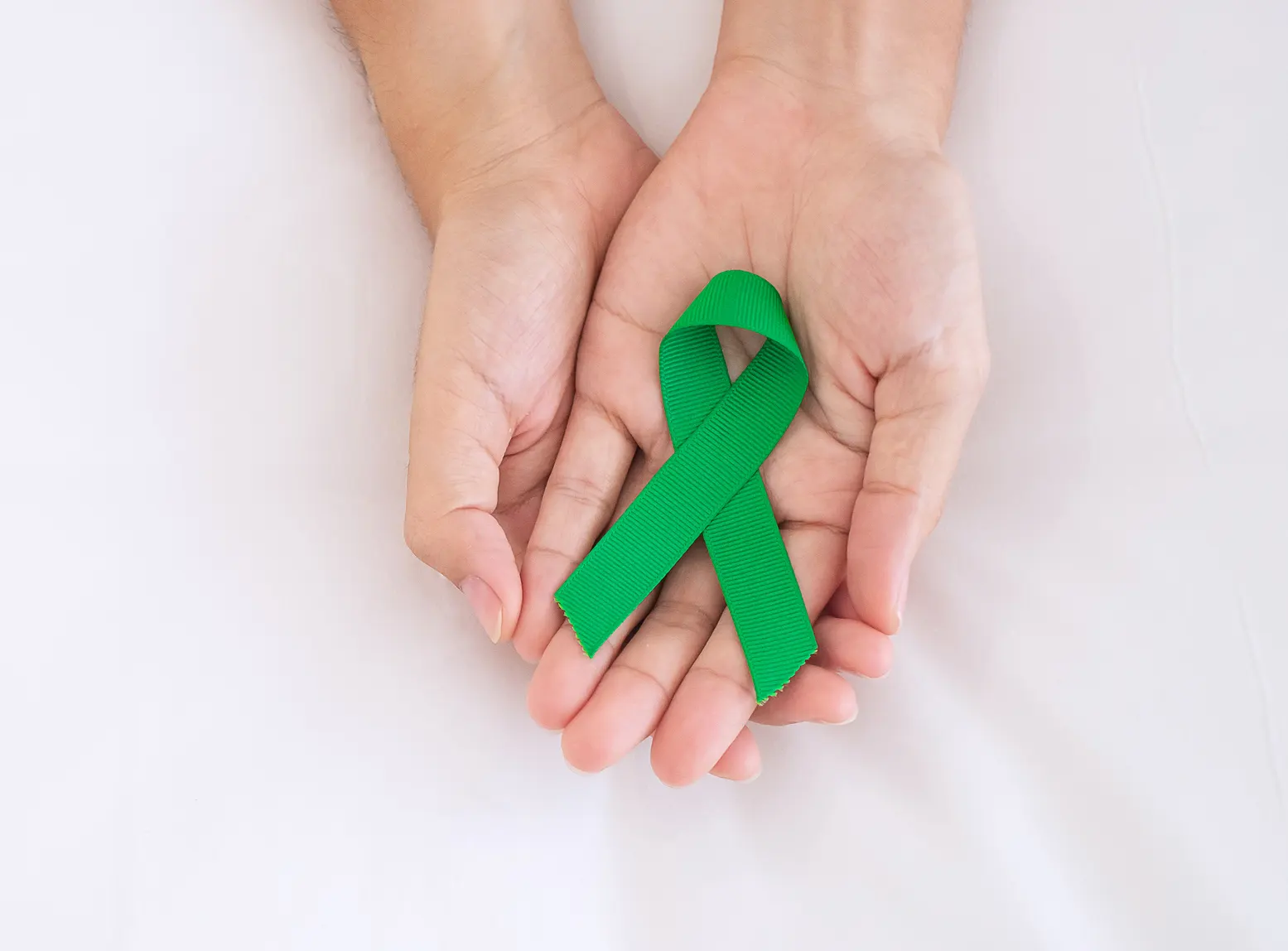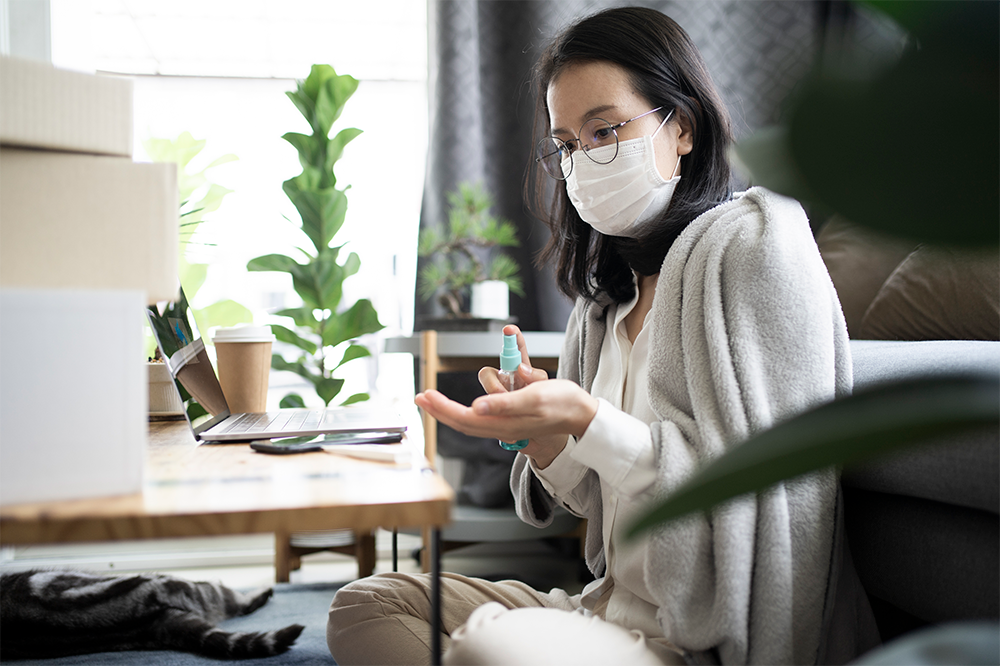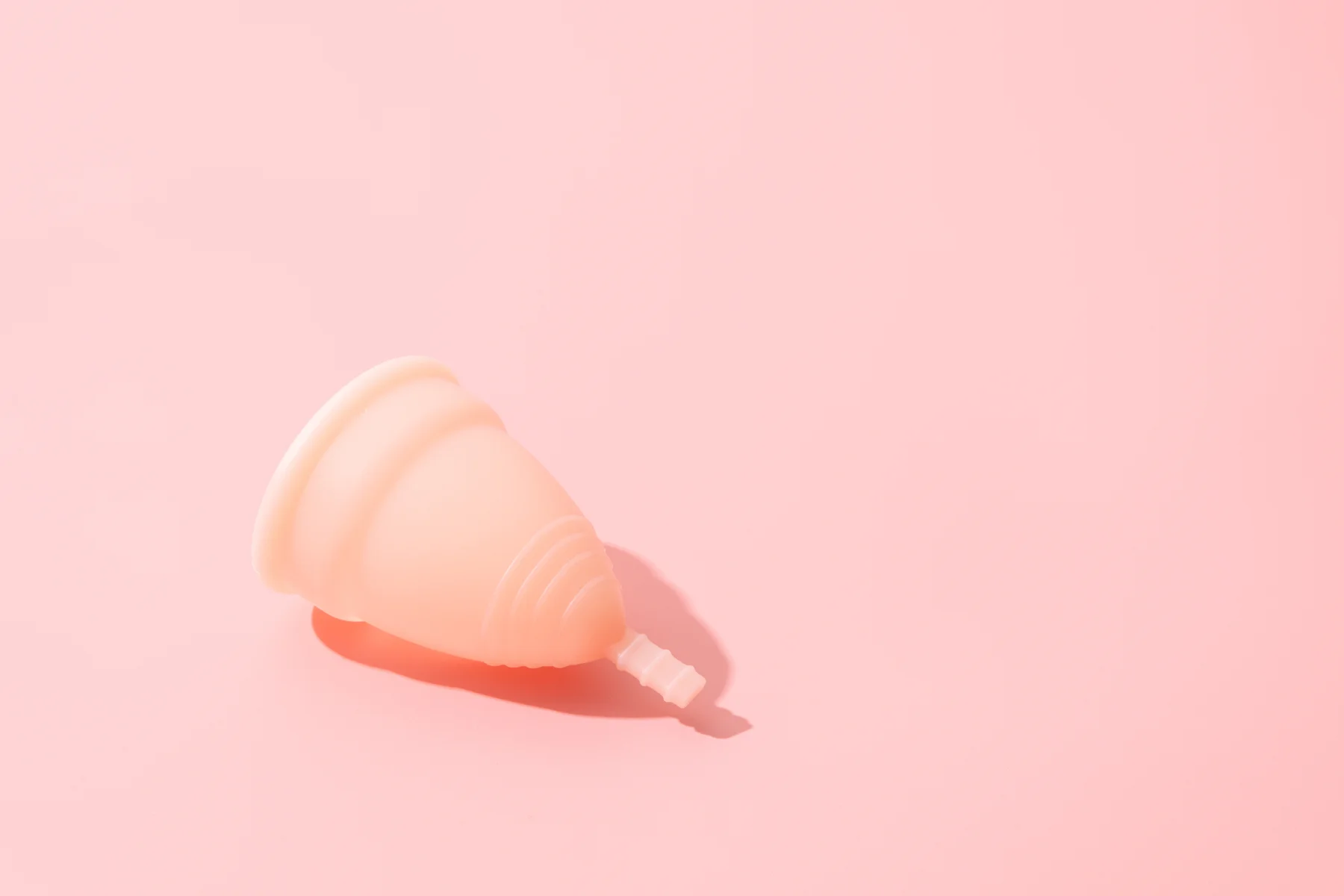Topics
Knuckle-cracking is a common behaviour seen among many people. It may become a habit or a strategy to manage anxiety; some people refer to it as a way to "release tension." Some people simply find it annoying when others do it.
Causes of knuckle-cracking sound
The exact mechanism of the sound produced when cracking knuckles is still not entirely understood. However, one popular theory is that the sound is caused by the rapid formation and collapse of gas bubbles in the synovial fluid surrounding the joints.
Synovial fluid is a thick liquid that lubricates and nourishes the joints. The fluid contains dissolved gases, such as oxygen, nitrogen, and carbon dioxide. When you stretch or bend a joint, you decrease the pressure inside the joint, which causes the gas dissolved in the synovial fluid to form bubbles.
As the joint continues to move, the pressure within the joint decreases further, and the bubbles expand. When the pressure drops low enough, the bubbles burst, producing the characteristic popping or cracking sound.
The good and bad about knuckle-cracking
Undoubtedly, it does feel good to crack your knuckles. So, why is this?
The answer could be that cracking your knuckles gives you a feeling of relief. Another possible explanation is that the act of cracking your knuckles may trigger the release of endorphins, which are natural chemicals in the body that can produce feelings of pleasure or euphoria.
Although there is no scientific evidence suggesting that habitual knuckle cracking can cause arthritis, it may still be potentially harmful to your joints. Some studies suggest that habitual knuckle cracking may lead to some hand swelling and low grip strength over time, especially as one ages.
Tips to stop cracking your knuckles
Consider the following measures to reduce the need to crack your knuckles:
If you tend to crack your knuckles out of boredom, keeping your hands busy with activities such as drawing, knitting, or playing with a stress ball can be helpful.
Cracking your knuckles can be a way to release tension or stress. Finding alternative ways to manage stress, such as deep breathing, meditation, exercise, or hobbies, can help reduce the urge to crack your knuckles.
Speak to your doctor, as they may be able to provide strategies to break the habit.
Book an appointment at Gleneagles Hospitals
It is recommended to avoid excessive or forceful cracking of knuckles and to seek medical attention if you experience pain, swelling, or reduced mobility in your joints.
The caring and multidisciplinary team of healthcare professionals are available for consultation and to provide the best care. If you experience pain or swelling whenever you crack your knuckles, get in touch with us to book an appointment at your nearest Gleneagles Hospital.













.webp?sfvrsn=a6d32366_7)








































.webp?sfvrsn=91e22b26_8)












